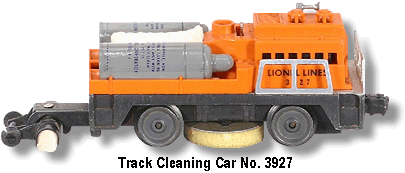Any kind of large quantity of chemicals like isopropyl alcohol, denatured wood alcohol, lacquer thinner and the like are toxic and yes, can be absorbed through the skin, how the heck I made it to my current age without developing some sort of weird issues is beyond me, working on cars as a teenager with my dad we used lacquer thinner for degreasing and cleaning, and also used ether (starting fluid) to clean with, got a lot of it on me, and for all I know, in me.
Alcohol, acetone, lacquer thinner all put off significant fumes, and should be used in a ventilated space , and yes, a respirator is not a bad idea either. One thing to keep in mind is you should be using this stuff sparingly, soak a cleaning cloth with the stuff and then rub the rail tops with it. Doing it this way, you minimize the amount that gets on the plastic, you also mimimize 'flowing' the crud off the rails into the joints.
It is wise to wear gloves (as long as they don't react with the solvent), but given the amounts you likely will use, the health hazard is not such that if you get some on you start thinking the ER, if you get some on your hands, probably the worse thing you will face is your hands will stink of it for a while, gasoline is toxic yet filling the mower, etc likely most of us have gotten gas on our skin. Those compounds are toxic, there is no doubt, and long term exposure on the skin or breathing in the fumes can cause issues with a variety of things (liver, lungs, things like cancer), but we are talking people exposed to them every day, people working with them, the amounts you use and how often you use it, there is nothing to freak out about.
Again, not saying don't wear protective gloves or a respirator might not be a bad idea (especially if you are sensitive, have lung problems, etc), be smart, just answering some who made it seem like these things were like exposure to some organo phosphides that if you get exposed to them, you do need treatment, they aren't, and as long as you take common sense precautions (you start using lacquer thinner in an enclosed space, you will want to open the window mighty quick), you will be fine. I handled a lot worse in organic chem class in college, benzene, trichloro ethelene (both of which used to be common cleaners, that is amazing) , carbon tetrochloride, those you would be crazy to use to clean your tracks (toluene is pretty bad as well). It would be smart to test any cleaner on a section of unused track that has plastic components, just to make sure.
It's hard to believe they make a ton of money on smoke fluid, and making totally unsubstantiated claims about an alternative and very popular product seems to suggest they might bend the truth a mite...




